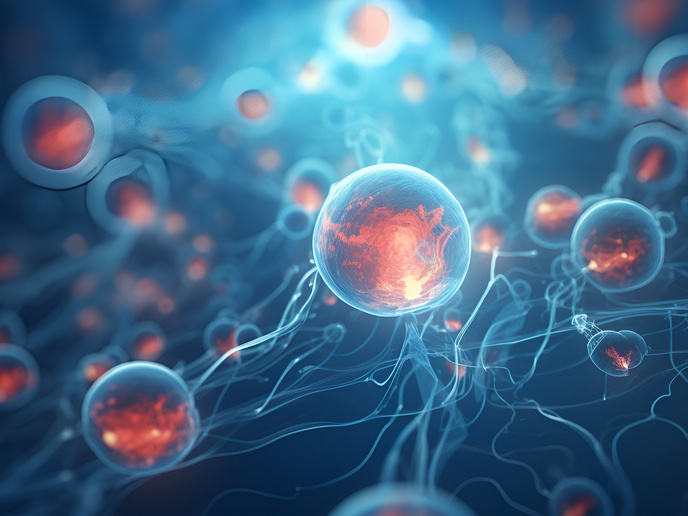Reactive oxygen species keep the immune system under control during inflammation
The goals of the REDOXIT(opens in new window) project were ambitious to say the least. They had to balance knowledge transfer between three European universities and a biotech company, Redoxis AB in Lund, Sweden, as well as gain a new understanding of novel approaches to treating autoimmune diseases such as rheumatoid arthritis and systemic lupus erythematosus.
Researcher training and disease combat on an equal footing
The Marie Skłodowska-Curie project focused on developing researchers’ technical and soft skills to help them succeed in today’s highly competitive and multidisciplinary industries. “The researchers spending time in industry were given training in new technical and innovation-related skills and in the commercial world through informal shadowing,” explains Helen Griffiths, professor of Biomedical Sciences at the University of Surrey and project coordinator. “Today’s scientific researchers need many skills. As well as being able to design and conduct great lab experiments, they should understand how research creates intellectual property and how to communicate science effectively,” she continues. “The development of early-career researchers through this project is one of the aspects that we are most proud of,” Griffiths says enthusiastically. Five of the eight researchers received higher degrees and the collaborative work was integral to their success. Moreover, three of the early-career researchers have already secured positions in industry. Key scientific findings include two novel chemical entities that were effective in treating models of arthritis and lupus. They modified the behaviour of an inflammatory cell, the behaviour of the neutrophil, a white blood cell(opens in new window), shifted towards the resolution of inflammation. “We also identified novel protein targets to gauge the effects of Redoxis compounds. Oxidants produced were able to change activity of membrane proteins and prevent further immune activation,” adds Griffiths.
Anticipating future research staffing
One of the big challenges was envisaging the staff who would be available for exchanges almost 5 years prior to the end of the project on application for the grant. Most PhDs last for 4 years, so students who were in place before the project started were not there at its end. “To accommodate newly recruited staff towards the end of the project in the exchange programme, we had hoped that we would be able to extend the project to enable the late recruits to attend,” outlines Griffiths. Unfortunately, this did not fit in the scheme rules, so REDOXIT had to reduce the scope of the work that was planned.
Battle against inflammatory disorders to continue
The team are delighted that they will continue to be research partners together in a new project, NeutroCure. “Our next project led by the University of Erlangen will be the first attempt to achieve a breakthrough solution to control reactive oxygen species (ROS) production to treat uncontrolled inflammation in a targeted way to minimise collateral damage,” Griffiths outlines. NeutroCure consists of six European academic partners and an SME that will promote commercialisation of the new drugs. Griffiths concludes with her vision of technical achievements in this and their next research venture: “We expect that this project will have a great positive impact by providing previously unexplored treatment solutions for severe pathological conditions caused by dysregulated ROS production.”







